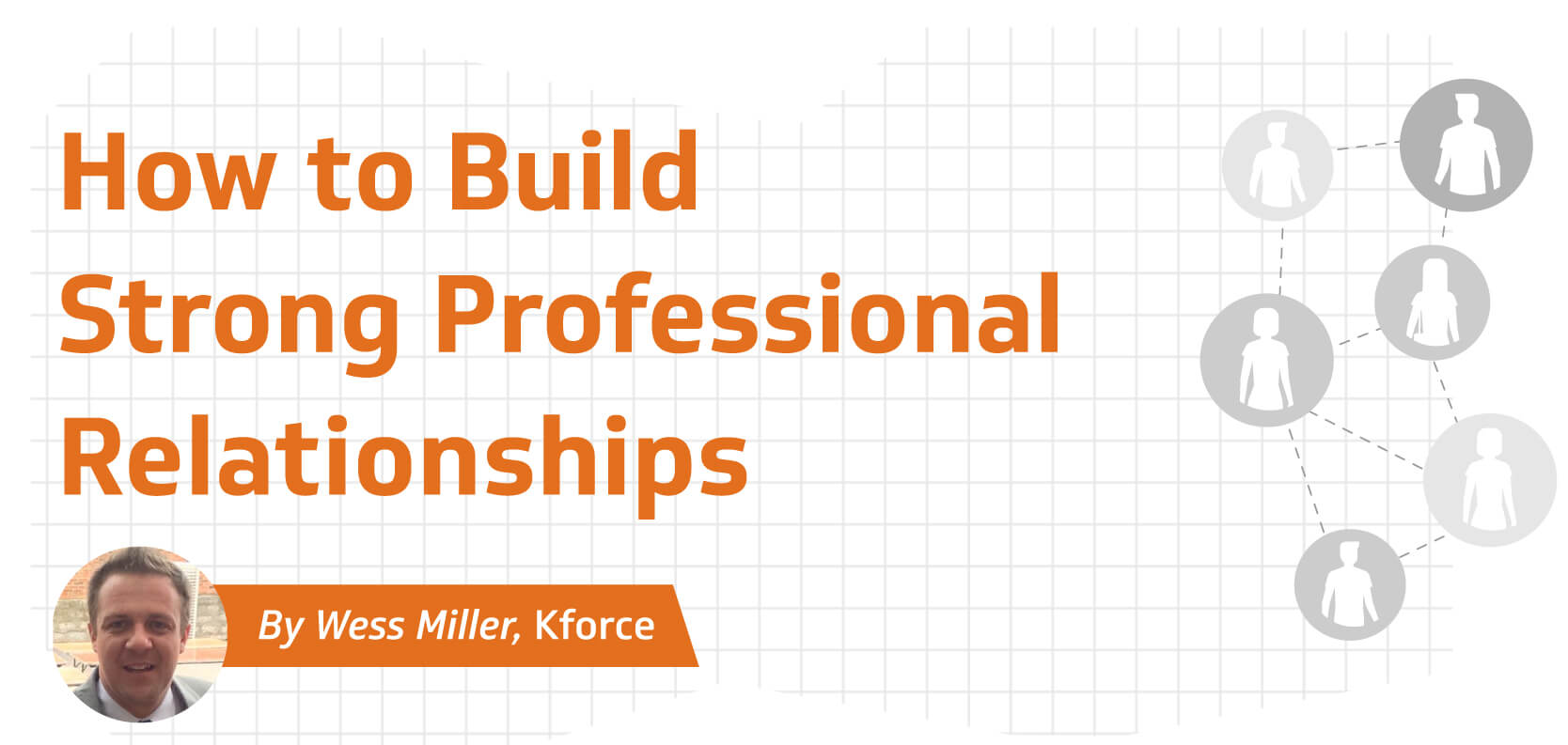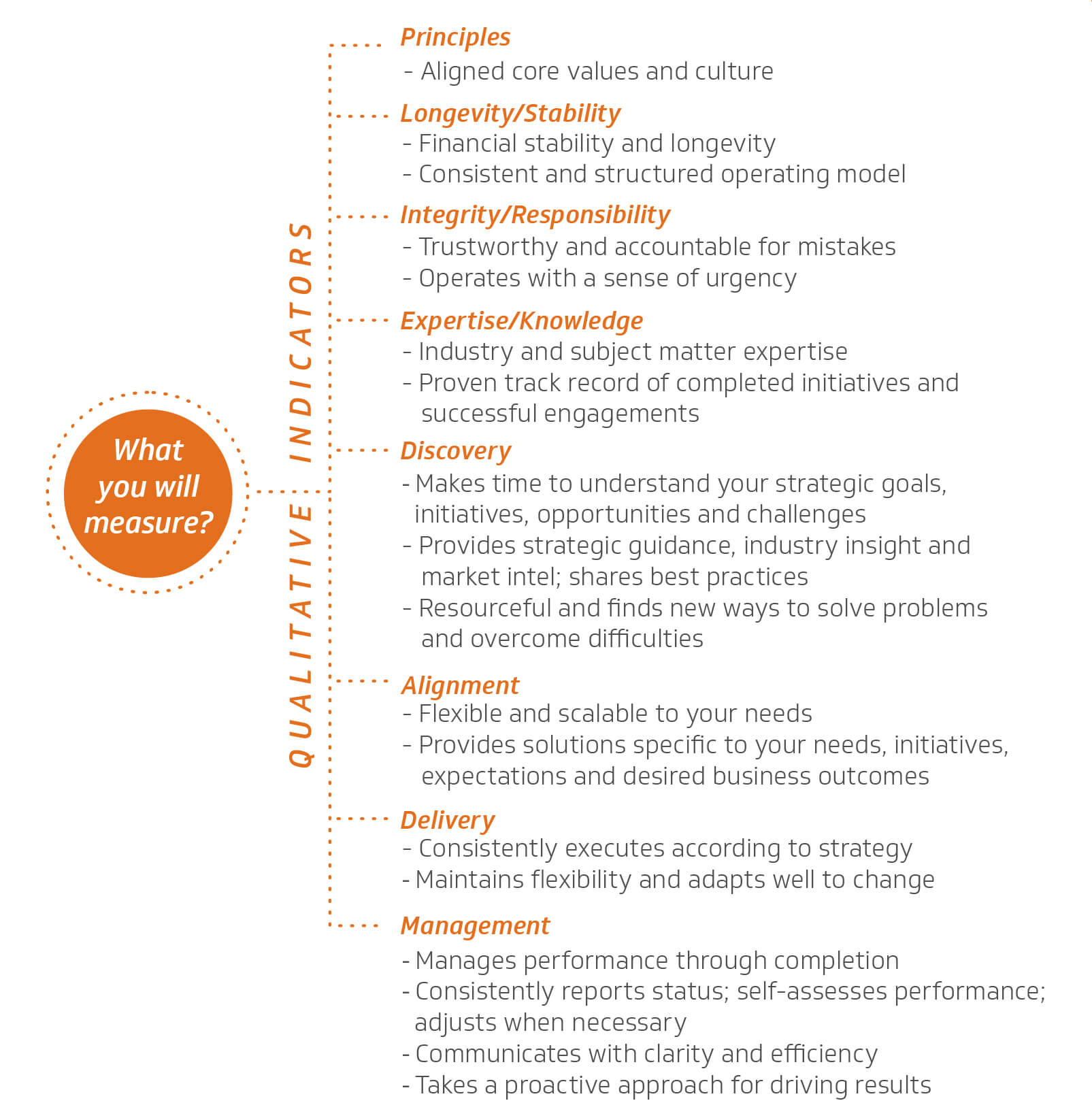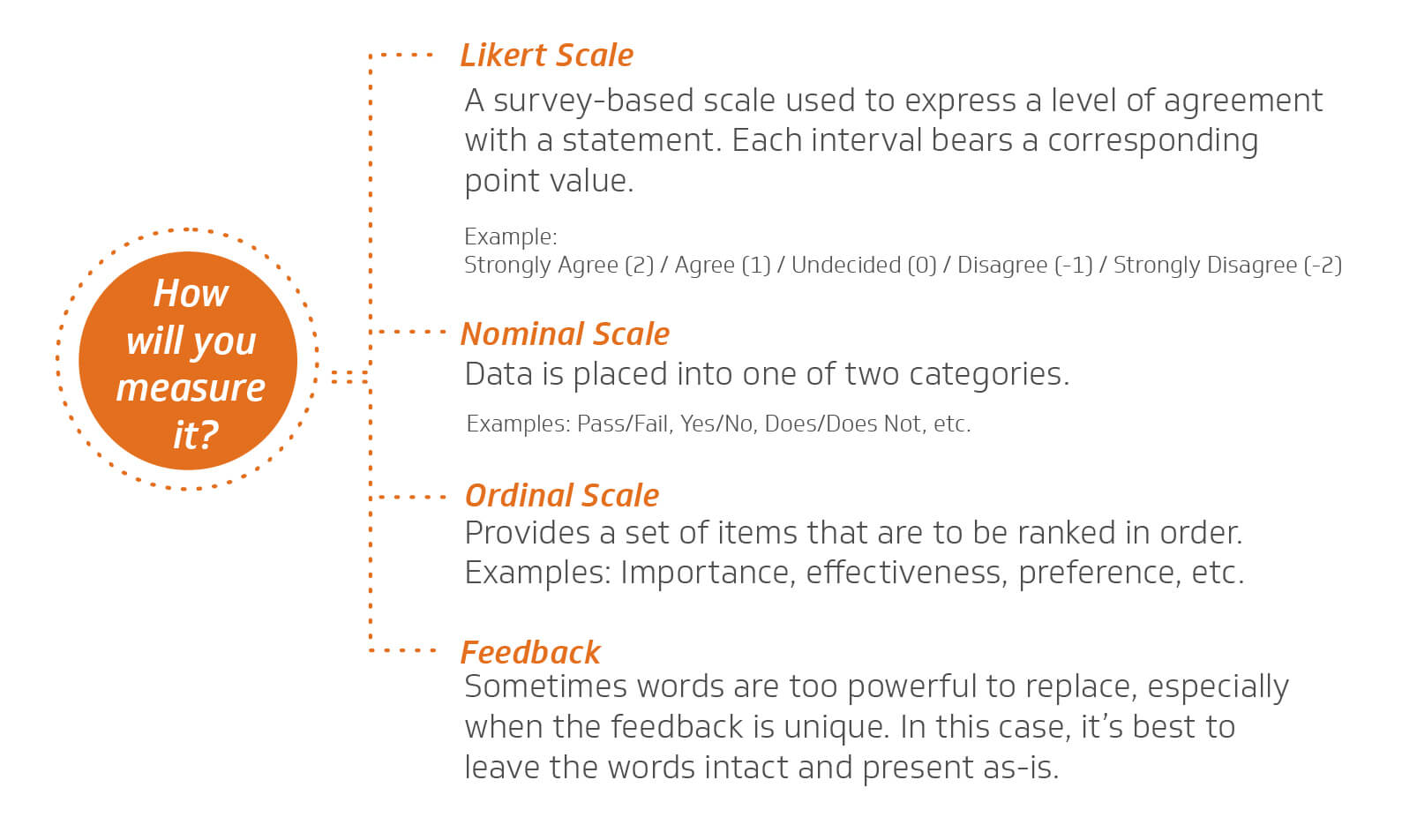
The Evaluation Paradox
Imagine going home tonight and telling your spouse you’d like to measure the quarterly growth and operational efficiency of your marriage. How do you think that would go?
What about your best friend? How do you measure net present value and project rate of return on a friendship?
Now, switch gears and consider your professional relationships. Think back to the last time you and your colleagues discussed selecting suppliers with whom your company would do business. Did you measure those relationships qualitatively or quantitatively?
We are conditioned to evaluate our professional relationships objectively, based on tangible, quantitative determinations. Conversely, when it comes to relationships that impact us personally, our assessments are primarily influenced by prior experience, perception and emotion. Intangible and incalculable, we entrust our feelings to render qualitative judgments.

Is it a coincidence that we forge several lifelong personal friendships, relationships and partnerships, yet our professional network is transient and always changing?
Why are we better at appraising value in our personal relationships than our professional relationships?
The Quantitative Shortcut
Perhaps we just don’t have the right framework to evaluate our professional relationships qualitatively.
Spreadsheets, dashboards, KPIs, SLAs and our obsession with data help us automate our most important business decisions – not only the products we buy but also from whom we buy. Fancy scorecards tell us who stays and who goes during our supplier reduction and vendor consolidation meetings. As the adage goes, decisions are only as good as the data.
Why do we rely so heavily on quantitative data?
Because this data is numerically measurable, it’s simple to compile and present via spreadsheet or table. Price, time, volume, ratios and percentages are undeniably relevant when comparing multiple products or suppliers against one another, but they fall short in assessing relative value in our relationships and partnerships.

The more proficient we become at processing this objective, quantitative data, the more we lose touch with our ability to subjectively and qualitatively measure value. As a result, our relationships are becoming more transactional.
Why reduce a 10-year business relationship to dollars and cents when trust, confidence and mutual wins have also been highlights during the engagement?
Imagine if we held our professional relationships to the very same subjective standards by which we evaluate our closest personal relationships. By viewing every professional relationship through a qualitative lens, we can build longer and stronger partnerships.
Measuring Value Qualitatively
You may agree with me that we should evaluate professional relationships as we do our personal relationships – however, you may wonder how to measure qualitative value.
Value is relative to perspective. Therefore, it is important to select and prioritize value drivers that align with your unique business objectives and goals.
There are two critical steps to measuring value:

Step 1: What will you measure?
The first step is to determine an appropriate framework. This requires defining a desired outcome and then articulating the capabilities required to achieve this outcome. With a clear understanding of key requirements, you can then determine which metrics are most meaningful and prioritize accordingly. The list of potential qualitative metrics below, though certainly not comprehensive, will hopefully provoke thought.
Qualitative Metrics


Step 2: How will you measure it?
Measuring anything without numbers may seem arduous; however, there are a few methodologies that make this possible. After determining indicators, choose an appropriate scoring method. Check out these qualitative scales of measurements below:
 Relationships are important in both our personal and professional lives. To build long-lasting and fruitful relationships, we must consistently drive value within them. Our ability to define and measure value within our relationships helps us make better decisions, understand where we excel and identify areas of growth. Regardless of how you define and measure value, it’s important to consider the qualitative perspective and maintain focus on key drivers as they relate to your objectives, instead of getting lost in the numbers.
Relationships are important in both our personal and professional lives. To build long-lasting and fruitful relationships, we must consistently drive value within them. Our ability to define and measure value within our relationships helps us make better decisions, understand where we excel and identify areas of growth. Regardless of how you define and measure value, it’s important to consider the qualitative perspective and maintain focus on key drivers as they relate to your objectives, instead of getting lost in the numbers.
So, how do you define and measure value in your professional relationships? If you were to ask your partner how they measure your value, what would they say? Don’t have an answer? Maybe it’s time to have this conversation.
